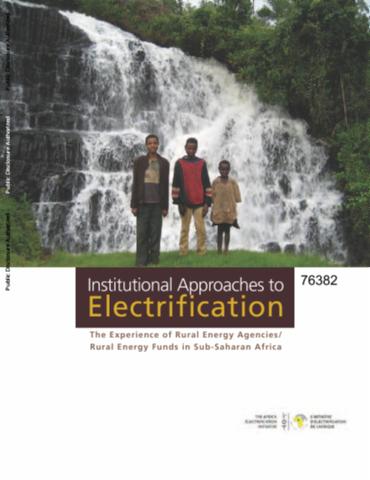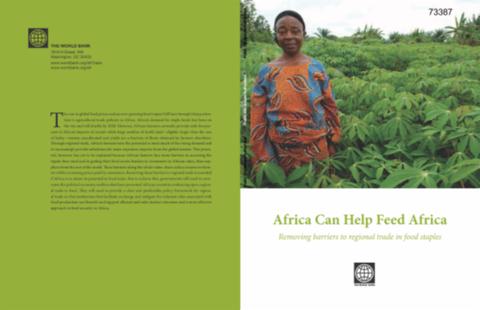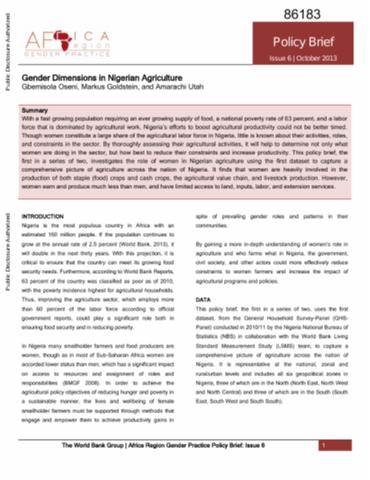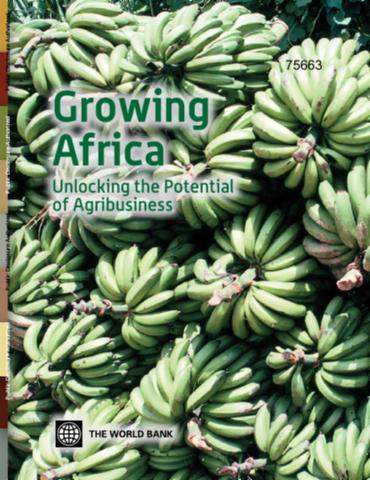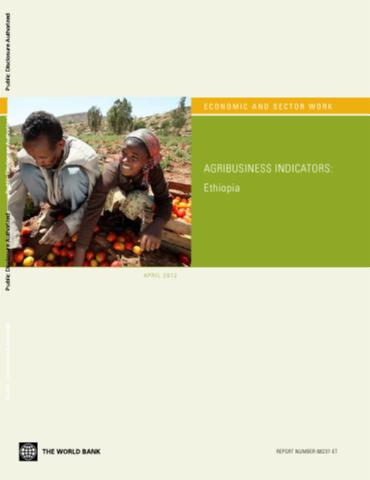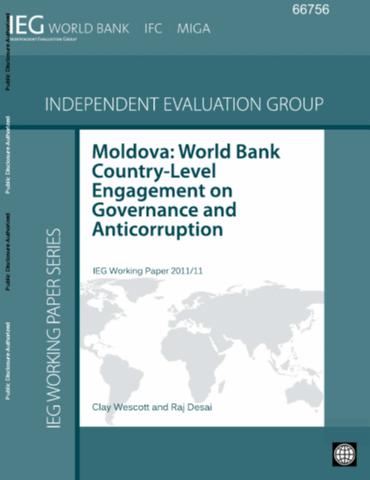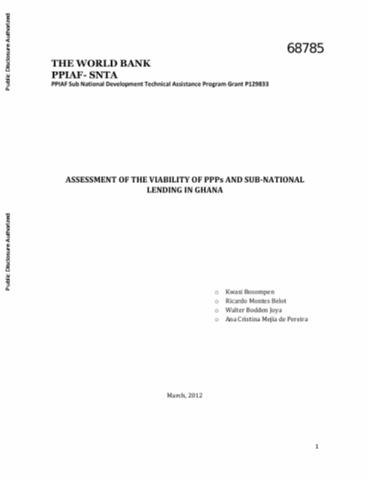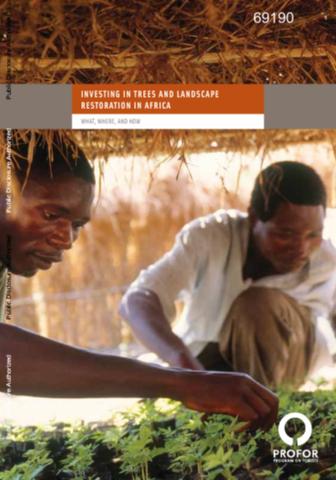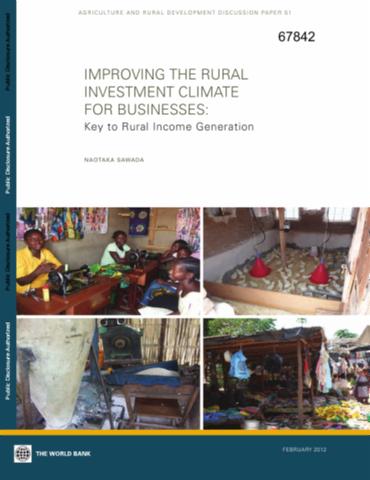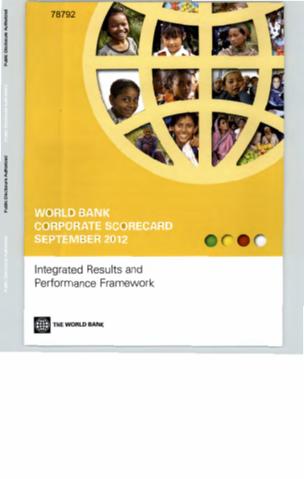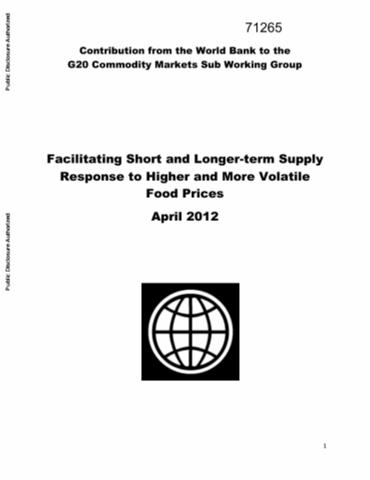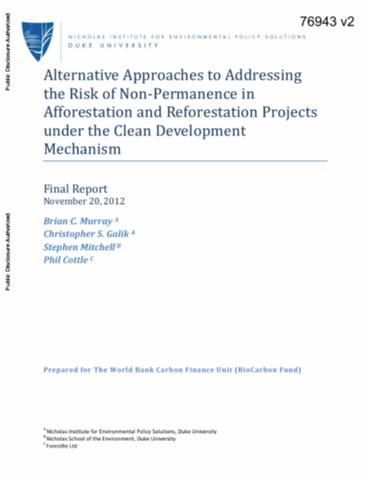Institutional Approaches to Electrification
Energy poverty is a global problem: access to energy services is crucial to meet basic household needs, deliver and access public services, and generate income. Less than 10 percent of Sub-Saharan (SSA) rural households have access to electricity, with an overall access rate below 25 percent. One of the main obstacles for SSA electrification practitioners is the difficulty in obtaining practical and timely knowledge on how to overcome economic, technical, institutional, and political barriers to electrification in their day-to-day work.

